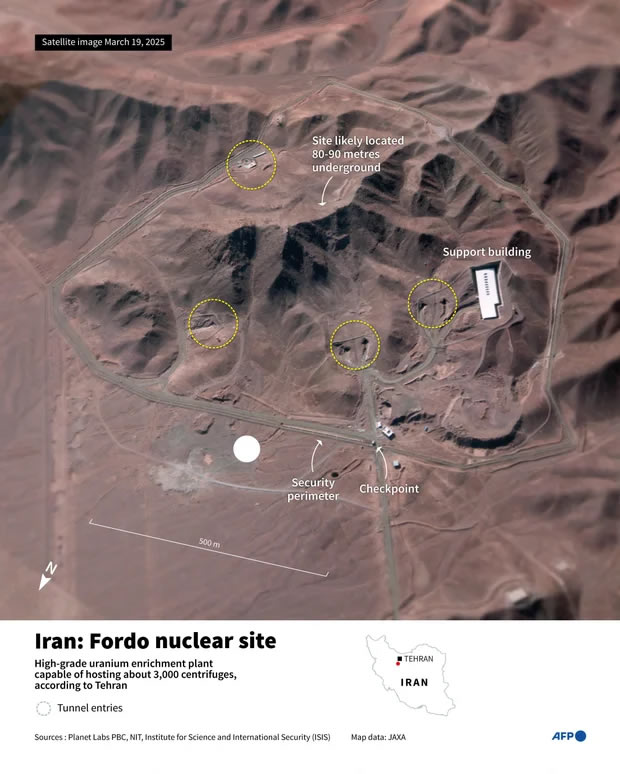The novel coronavirus pneumonia highlighted the serious flaws in the Spanish social security system and failed to solve the plight of the poorest people, Alston (Philip Alston), who recently stepped down as the special commissioner for the United Nations’ extreme poverty and human rights issues, said on Monday (6). But as the Australian professor put it, Spanish Prime Minister Pedro Sanchez’s launch of the basic income plan in late May was also an ambitious achievement. Even if the plan fails to completely reverse the disparity between the rich and the poor, it is the first step to alleviate the uneven economic distribution.

Spain’s Barcelona waterfront is full of people who have been allowed to go out again. (Associated Press)
As the global economy has been paralyzed by the new coronavirus pandemic, the Spanish government led by the socialist government decided in May to launch a basic income plan, which will distribute 462 euro per month to eligible single adults, and 139 euro to adults and children of family plan, with a maximum subsidy limit of 1015 euro per month. According to the authorities’ estimates, the welfare policy to end extreme poverty will cost 3 billion euros a year, covering about 1.6 million people and 600000 families.
For Spain, once the second largest epidemic area in Europe, the implementation of basic income is undoubtedly springing up. Since mid March, Spain launched various closure measures to prevent the rapid spread of the virus in the community. Although the epidemic has been under control so far, the economic shutdown has also created thousands of unemployed troops. Besides the churches and residential organizations in Madrid, there are more people waiting for food aid. Spain’s GDP is expected to shrink by 9.2% this year, while the unemployment rate will rise to 19% from 13.8% at the end of last year, far worse than in 2008 when the financial tsunami hit.
Insufficient social security is the bottom cause
Although the novel coronavirus pneumonia has brought the economic problems of Spain to a higher level, we can not ignore the shortage of the original social security. According to a preliminary study published by Alstom in February, Spain’s “social assistance has done a poor job in solving poverty. The impact of social (fiscal) transfer on poverty eradication is the sixth lowest among EU countries. “Most of Spain’s 1.8 million extremely poor people in 2018 did not use social security mechanisms. Although Spain’s social security expenditure accounted for only 16.6% of GDP in 2017, slightly lower than the EU average of 18.8%, its policy inefficiency is not entirely due to insufficient government spending. On the contrary, the study argues that “bureaucratic social security system is the main reason for exclusion (of the poor), and too many required documents have become an obstacle to claim.”.
Although the United Nations thinks that Spain’s social security system is greatly inadequate, it has a positive evaluation of the basic income plan launched by the socialist government. “While the situation I observed during my visit (Spain) is appalling, the actions taken by the authorities in response to the pandemic are encouraging,” Alstom said in releasing its final report on Monday. “I hope the ruling coalition will redouble its efforts in this direction” and describes the basic income plan as an “ambitious achievement”. His report put forward eight proposals to encourage the Spanish government to strengthen welfare protection such as education and housing through a progressive tax system.
Although the economic and social chaos caused by the pandemic has been disastrous in the past six months, it can be seen from the introduction of similar subsidy programs in the United States, the United Kingdom, Spain and other countries that this inflection point of global economic stagnation is undoubtedly an opportunity to rethink basic income. Compared with other social security policies, in such an extreme and changeable economic environment, national income involving simple administrative measures is undoubtedly a feasible way to solve the urgent problem. However, in the long run, we are now in the transition period of the scientific and technological revolution. The productivity released by the artificial intelligence revolution will not only enable the future society to pursue greater returns with less cost, but also make the labor value of labor intensive and easily replaced industries, such as professional drivers and retail employees, be eliminated by technology. Although the novel coronavirus pneumonia has broken tens of millions of rice bowls, but the danger is organic, since the AI revolution is inevitable, governments make snap of this global pain and implement drastic reforms so that the vulnerable groups whose economic structure is suddenly mutated will not become the marginal people of society.
报错














+ There are no comments
Add yours